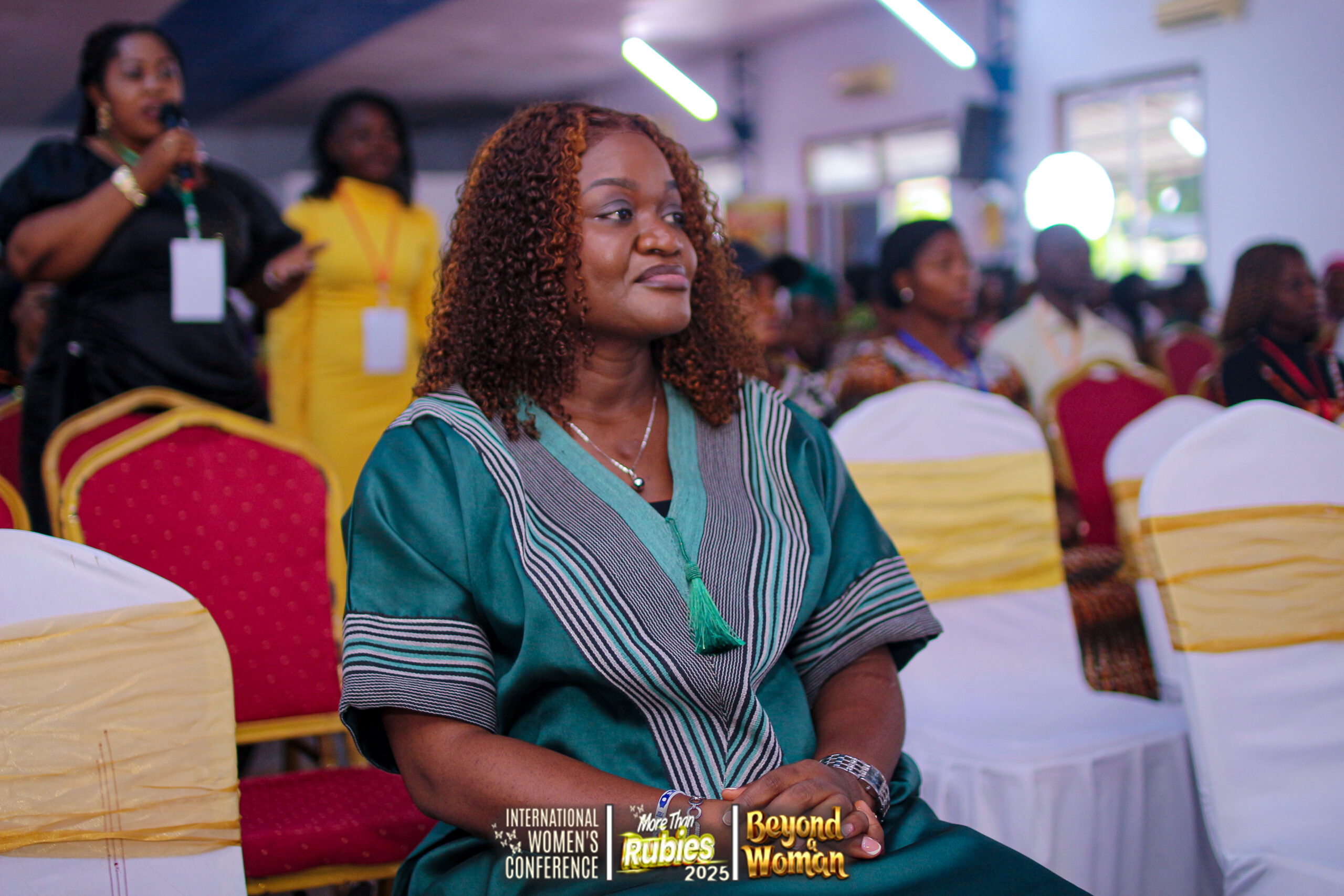Understanding Addiction
Let’s get to know what Addiction, you must understand that addiction is more than just a bad habit, it’s a powerful and destructive attachment to a substance or behavior that takes hold of a person’s mind and life. It begins subtly, sometimes as a form of comfort, curiosity, or escape. But over time, what once seemed harmless becomes a constant need, something that feels impossible to live without.
Addiction affects the brain’s reward system, making it crave the sense of pleasure or relief that comes from the addictive behavior. This creates a dangerous cycle: the more you indulge, the more your brain demands it. Eventually, quitting feels unbearable physically, mentally, or both.
Note: addiction is not a life sentence. With awareness, support, and proper help, recovery is absolutely possible. Understanding addiction is the first step toward breaking free from it whether in your own life or in the life of someone you care about.
Below is the breakdown of the topic
1. Admit the Problem Honestly
Freedom begins with truth. Acknowledge that you have an addiction and that it’s affecting your life negatively. Denial keeps you bound, but honesty opens the door to healing.
“You will know the truth, and the truth will set you free.” – John 8:32
2. Seek Help and Accountability
You don’t have to fight alone. Talk to a trusted friend, counselor, pastor, or support group. Accountability provides strength when your willpower feels weak.
Tip: Join a recovery group (like Celebrate Recovery, Alcoholics Anonymous, or a faith-based support group).
3. Replace the Habit, Don’t Just Remove It
When you remove an addiction, fill that space with something positive — prayer, exercise, music, journaling, or volunteering. Replacement builds new, healthy pathways in your mind.
Nature hates a vacuum; fill yours with purpose.
4. Set Small, Achievable Goals
Don’t aim for perfection overnight. Focus on daily victories — one day, one moment at a time. Each small win builds confidence and momentum.
5. Identify Your Triggers
Understand what leads you to the addiction — stress, loneliness, boredom, or pain. When you identify triggers, you can prepare healthier responses in advance.
6. Build a New Environment
Your environment influences your habits. Avoid places, people, or digital spaces that tempt you. Create a clean, peaceful, and encouraging atmosphere that supports your recovery.
7. Strengthen Your Spiritual Life
Prayer, meditation, and reading Scripture bring healing to the mind and spirit. Ask God for strength and fill your heart with His Word.
Philippians 4:13 – “I can do all things through Christ who strengthens me.”
8. Take Care of Your Body
Eat well, sleep enough, and exercise regularly. A healthy body supports a healthy mind. Many addictions weaken the body, so rebuilding it helps restore balance and strength.
9. Forgive Yourself and Let Go of Shame
Addiction thrives on guilt and self-hate. Remember, you’re not your mistakes — you’re a person learning to live free. God’s grace offers a fresh start every day.
Psalm 103:12 – “As far as the east is from the west, so far has He removed our transgressions from us.”
10. Stay Consistent and Never Give Up
Recovery isn’t linear — you may stumble, but don’t quit. Each day you get back up, you grow stronger. Celebrate progress, not perfection.

